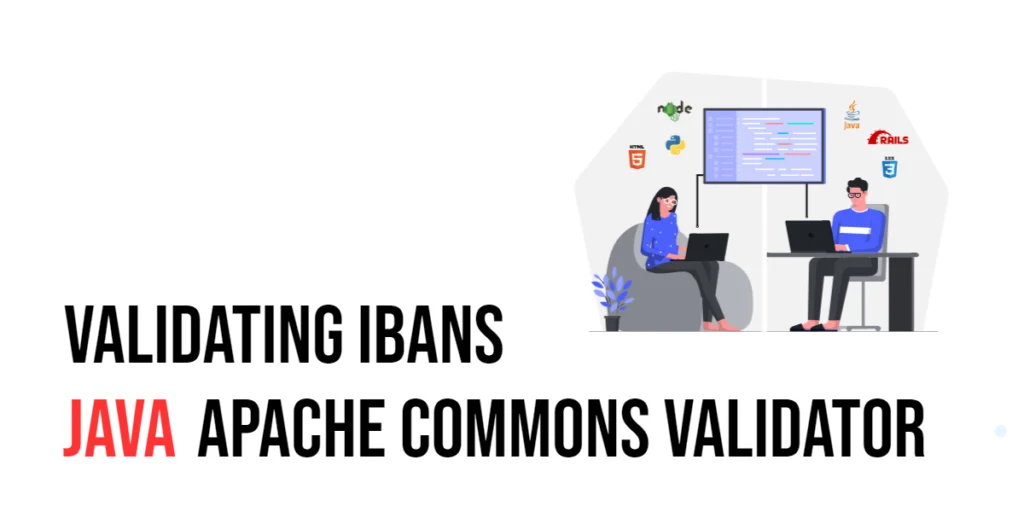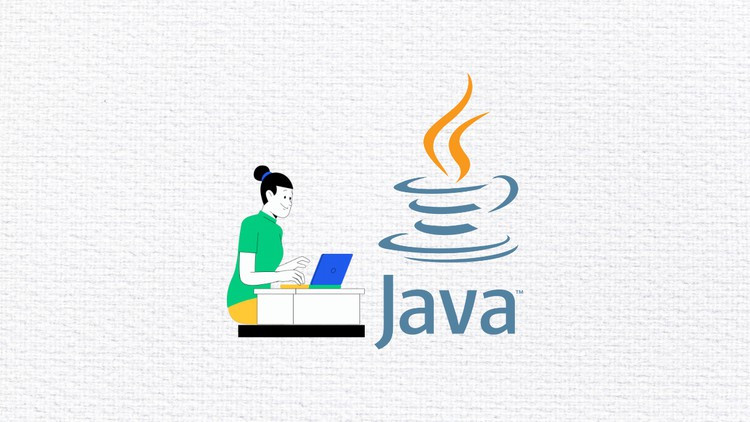In today’s digital age, financial transactions are an integral part of our daily lives. Whether it’s transferring funds, making payments, or conducting business transactions, ensuring the accuracy and validity of banking details is crucial. One vital component of these details is the International Bank Account Number (IBAN). An IBAN is a standardized international format for identifying bank accounts across borders.
However, validating IBANs can be a complex task due to the variations in formatting rules across different countries. Thankfully, with the help of tools like Apache Commons Validator, developers can streamline this process and ensure the integrity of IBANs in their Java applications.
Apache Commons Validator is a powerful library that provides a set of reusable components for validating common data formats. In this article, we’ll explore how to leverage Apache Commons Validator to validate IBANs in Java effortlessly.
Getting Started with Apache Commons Validator
Before diving into IBAN validation, let’s set up our Java project to use Apache Commons Validator. First, we need to include the library in our project’s dependencies. If you’re using Maven, simply add the following dependency to your pom.xml file:
<!-- https://mvnrepository.com/artifact/commons-validator/commons-validator -->
<dependency>
<groupId>commons-validator</groupId>
<artifactId>commons-validator</artifactId>
<version>1.8.0</version>
</dependency>If you’re using Gradle, add the following dependency to your build.gradle file:
// https://mvnrepository.com/artifact/commons-validator/commons-validator
implementation group: 'commons-validator', name: 'commons-validator', version: '1.8.0'If you’re not using either Maven or Gradle, you can download the JAR file from the Apache Commons website and include it in your project manually.
Once you’ve added the dependency, you’re ready to start validating IBANs in your Java code.
Validating IBANs with Apache Commons Validator
Now that we have Apache Commons Validator set up, let’s see how we can validate IBANs in Java. Below is a simple example demonstrating how to validate an IBAN using the library:
import org.apache.commons.validator.routines.IBANValidator;
public class IBANValidationExample {
public static void main(String[] args) {
IBANValidator validator = IBANValidator.getInstance();
// IBAN examples for validation
String[] ibans = {
"GB29NWBK60161331926819",
"FR1420041010050500013M02606",
"DE89370400440532013000",
"IE29AIBK93115212345678",
"ES9121000418450200051332",
"PL61109010140000071219812874",
"IT60X0542811101000000123456",
"NL91ABNA0417164300",
"RO49AAAA1B31007593840000",
"PT50000201231234567890154"
};
// Validate each IBAN
for (String iban : ibans) {
boolean isValid = validator.isValid(iban);
System.out.println("IBAN: " + iban + " - Valid: " + isValid);
}
}
}In this example, we first create an instance of the IBANValidator class using the getInstance() method. Then, we test a few IBANs using the isValid() method, which returns true if the IBAN is valid and false otherwise.
Conclusion
Validating IBANs is a critical aspect of ensuring the accuracy and integrity of financial transactions. With Apache Commons Validator, Java developers can easily incorporate IBAN validation into their applications, simplifying the process and reducing the risk of errors. For more content, please subscribe to our newsletter.







